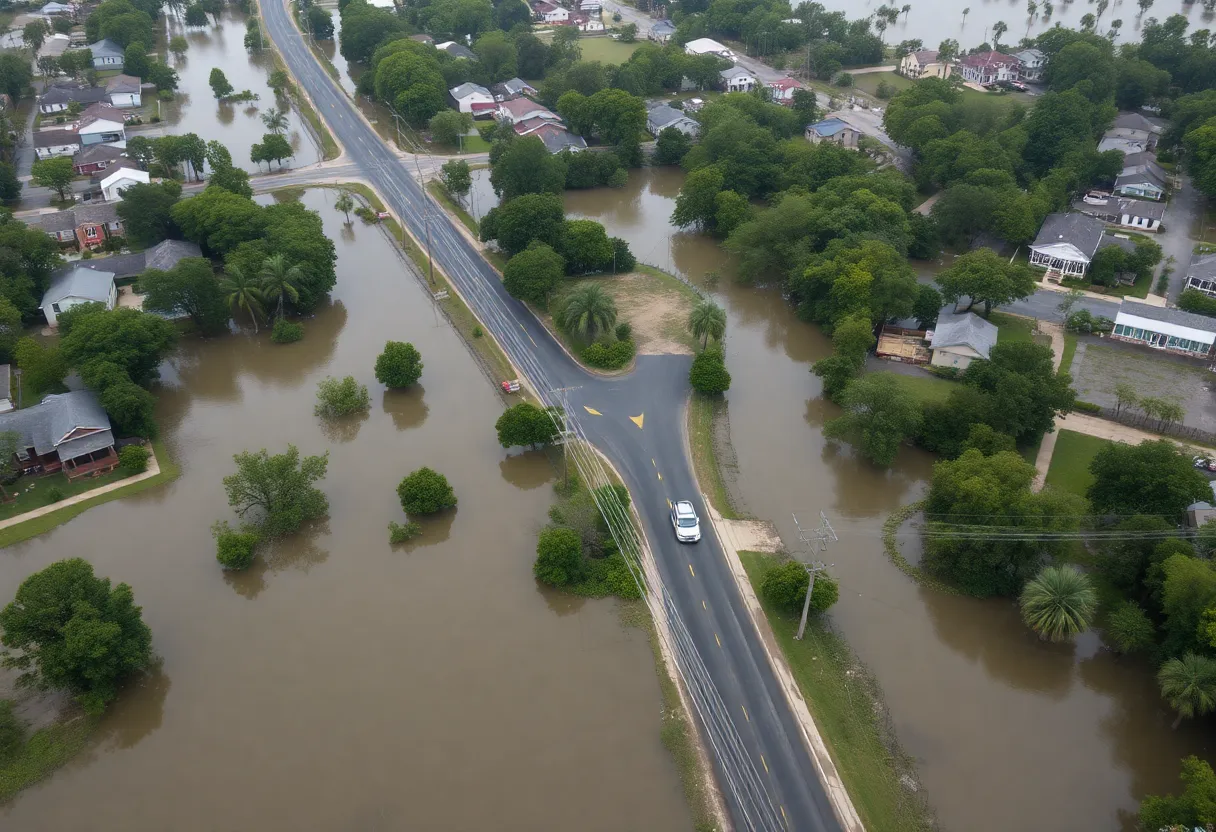

Devastating floodwaters engulf towns in the Southeast as Hurricane Helene makes its impact felt.
Article Sponsored by:
Mays Contracting is more than just a roofing company; it’s a family legacy built on trust and quality. Founded in 1979, we’ve been serving the community for over four decades. Our story began with a simple vision: to provide exceptional roofing services for both residential and commercial properties. This vision has guided us ever since, as we’ve grown from a small, family-run operation to a trusted name in the industry.
Want to target the right audience? Sponsor our site and choose your specific industry to connect with a relevant audience.
Prominent brand mentions across targeted, industry-focused articles
High-visibility placements that speak directly to an engaged local audience
Guaranteed coverage that maximizes exposure and reinforces your brand presence
Interested in seeing what sponsored content looks like on our platform?
May’s Roofing & Contracting
Forwal Construction
NSC Clips
Real Internet Sales
Suited
Florida4Golf
Click the button below to sponsor our articles:
Sponsor Our ArticlesAs residents of Florida’s Big Bend brace for the aftermath of Hurricane Helene, the storm’s effects are being felt far and wide. Late Thursday night, the hurricane made landfall, but by early Friday morning, it had already begun to weaken. This has not, however, stopped Helene from unleashing chaos across multiple states, particularly in the Southeast.
The National Hurricane Center reported that after making landfall, Helene rapidly weakened into a tropical storm. By Friday afternoon, it deteriorated even further, transitioning into a tropical depression. Despite its downgraded status, Helene has been responsible for producing what officials are calling “historic and catastrophic flooding” in parts of Georgia and the southern Appalachian region.
Along with the heavy rains, Helene has left millions without power. According to live updates, as of Friday afternoon, over 1.1 million power outages were reported in South Carolina alone. This number is staggering, but even more impactful is the realization of people without their everyday comforts, particularly during severe weather.
In South Carolina, the hardest-hit areas include:
But South Carolina isn’t alone in facing the wrath of Helene. North Carolina has also been hit hard, with around 950,000 outages reported across the state. This situation is particularly bleak in the western area, where:
The extreme weather events triggered by Helene are not just numbers; they represent real challenges for families and communities who are now grappling with the consequences. Many residents have been forced to navigate flooded roads, some of which are impassable, as they attempt to reach safety or gather supplies.
Community support is vital in such times. Local organizations are working tirelessly, providing food and shelter to those affected by the flooding and outages. Neighbor is helping neighbor as everyone comes together to face the aftermath of this rogue storm.
As Helene continues its journey through the Southeast, forecasts suggest that the storm will become extratropical. This means it may lose its tropical characteristics but could still pose threats, especially in terms of flooding and wind. Residents in affected areas should remain vigilant and prepared for ongoing weather challenges.
For those facing power outages or flooding, remember to stay informed through reliable sources and heed the advice of local officials. Community resilience shines brightest in the toughest of times, and together, we can weather the storm.
Stay safe, Southeast! And let’s hope for the swift recovery of our communities.

Quality Roof Construction and Repair in Lexington, Richland, Newberry and Laurens Counties for over 40 Years.
What Are the Essential Steps to Take When Planning a Roof Replacement on Your Own?…
News Summary Carly Barton, a Clearwater resident, has turned her life around with the help…
How Can You Use Customer Emotions to Enhance Your Digital Marketing Strategy? Understanding customer emotions…
News Summary In an unexpected twist, 43 monkeys escaped from the Alpha Genesis Primate Research…
News Summary Greenville recently celebrated Michelin North America, Inc.'s 50-year presence in South Carolina. Local…
News Summary After a thrilling win over Texas A&M, Columbia, SC, experienced chaos as a…